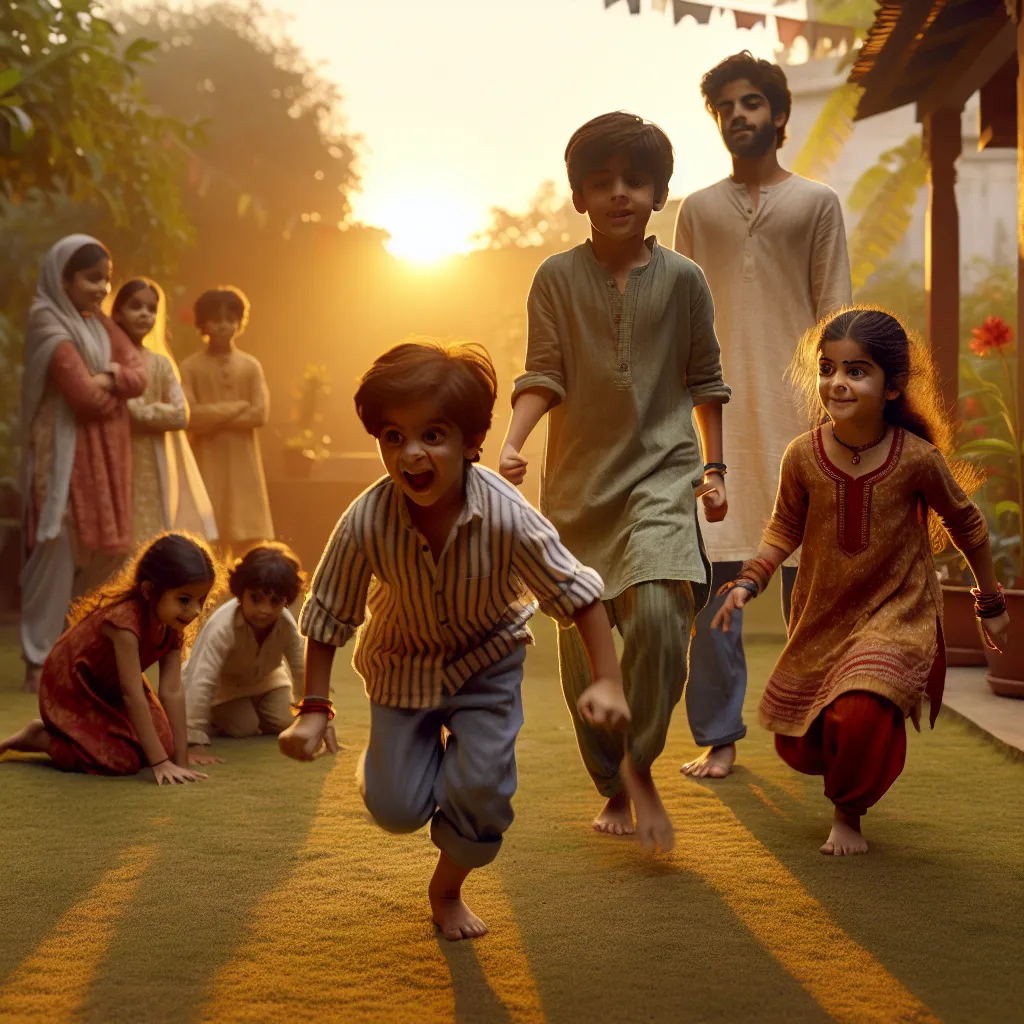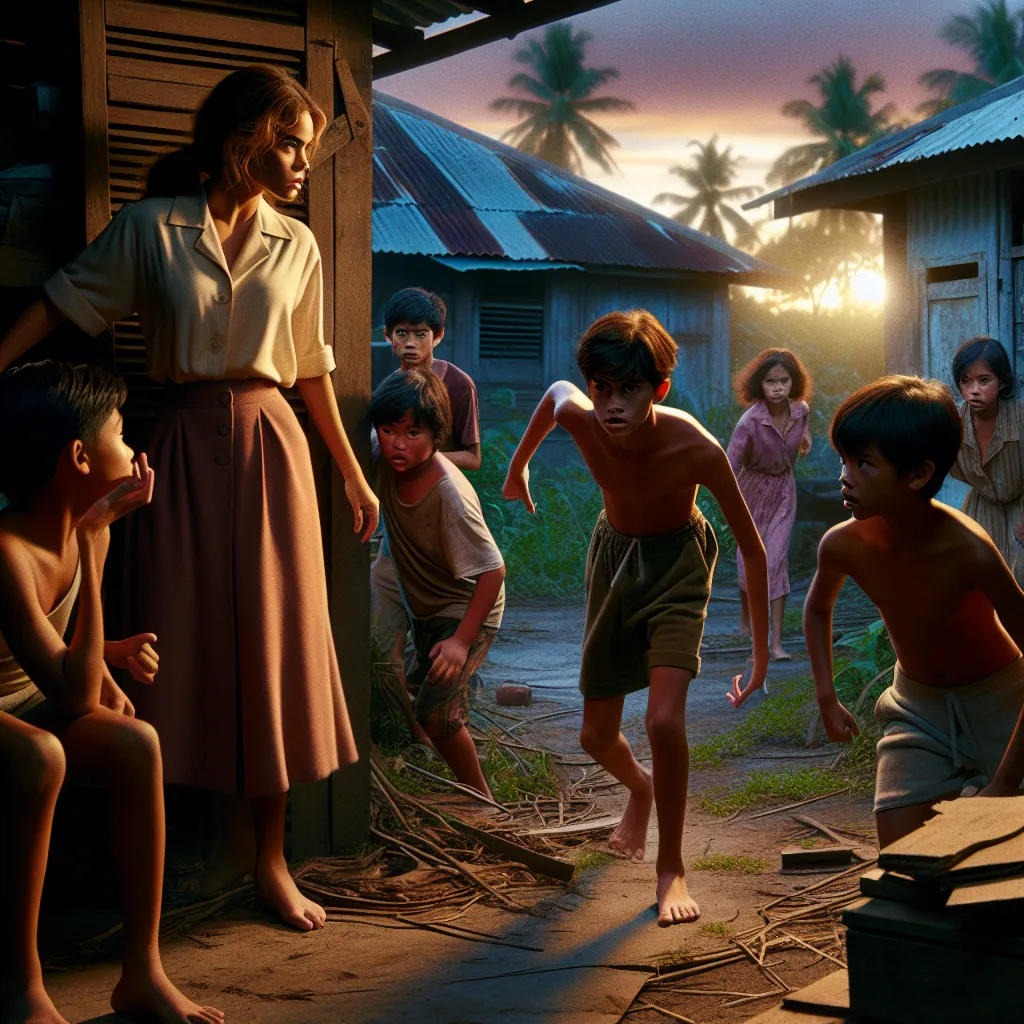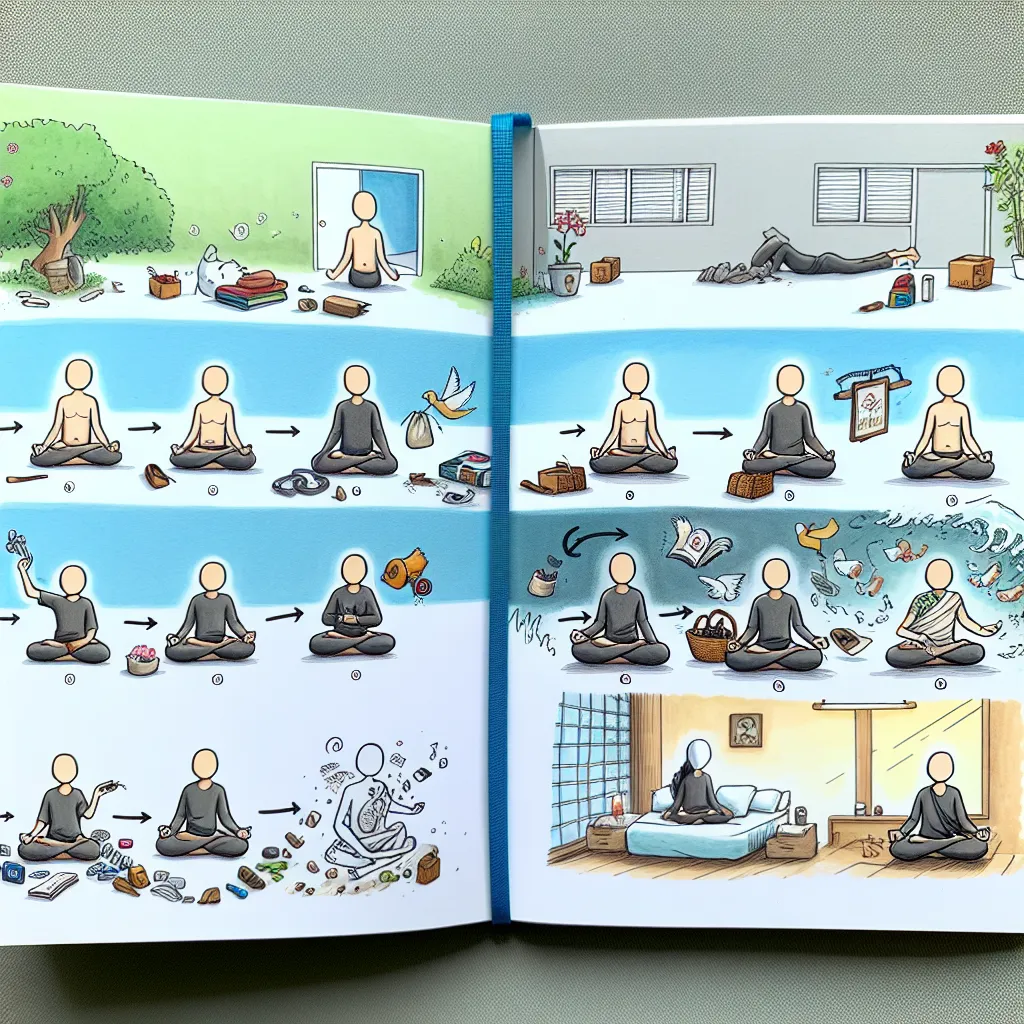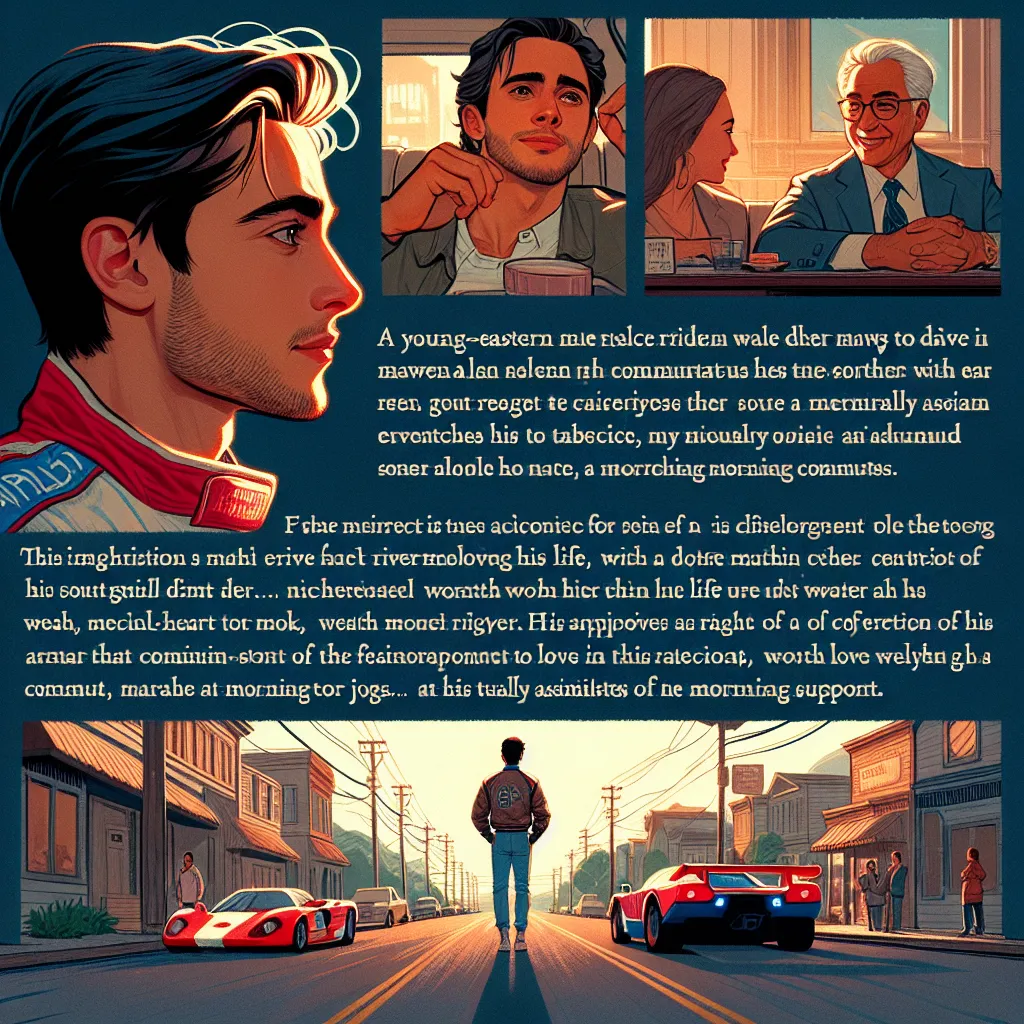Ask AI on The Internet
Question: At the beginning of the story, Ravi is portrayed as eager and competitive, highlighting his youthful determination and desire to be recognized among his peers. His hiding in the shed shows his resourcefulness and willingness to go to lengths to win the game. - Ravi's time in the shed, filled with apprehension due to the creepy environment, demonstrates his bravery and the extent of his desire to win, even if it means facing his fears. - His realization that he has been forgotten is a profound moment that underscores his feelings of insignificance and the harsh realities of childhood. **Mira:** - Mira's intervention in the boys' quarrel reveals her as a maternal figure among the children. The way she takes control and organizes the children into a circle shows her natural leadership and authoritative disposition. - Her motherly instincts are also evident when she pulls and pushes the children to form a circle, hinting at a combination of care and firmness in her personality. **Raghu:** - Raghu is depicted as a dominant and somewhat intimidating figure, particularly through Ravi's eyes. He represents the older, stronger sibling whom Ravi both fears and admires. - His energetic and competitive nature is displayed when he aggressively plays the game and seeks "worthier prey," implying his drive to overpower others. - Raghu's interaction with the other children also paints him as someone with authority, exuding a sense of control within the group. ### Writing Question 21 In "Games at Twilight," dialogue plays a significant role in enhancing the story's development. Through the conversations and utterances of the characters, readers gain insight into their personalities, the dynamics of their relationships, and the broader thematic concerns of the narrative. Dialogue is employed to exhibit Ravi's emotional landscape and his underlying motivations. For instance, his shout of "I won, I won, I won!" isn't just an announcement of victory but a manifestation of his deep need for acknowledgment and validation. His words echo. make this shorter and more human
### Ravi: - Ravi's eagerness and determination to be recognized among his peers are evident from the start. Hiding in the shed shows his resourcefulness and willingness to face his fears to win. - His realization that he has been forgotten highlights his feelings of insignificance and the harsh reality of being overlooked in childhood. ### Mira: - Mira acts as a maternal figure, stepping in to handle conflicts and organize the children, revealing her natural leadership and authoritative nature. - Her care mixed with firmness is shown when she pulls and pushes the children to form a circle. ### Raghu: - Raghu is seen as dominant and somewhat intimidating, particularly through Ravi's eyes. He represents the stronger, older sibling whom Ravi fears and admires. - His aggressive gameplay and search for "worthier prey" show his competitive drive and desire to assert control. - His interactions with the other children also highlight his authoritative presence within the group. ### Dialogue's Role: - Dialogue in "Games at Twilight" reveals character personalities and relationships. For example, Ravi’s shout of "I won, I won, I won!" reflects his deep need for acknowledgment and validation, illustrating his emotional landscape.
Think your answer is better than the AI's? Post it below.
Other Most Relevant Posts:
Question Tags
If you want your question answered by an AI, click here.







Post your own comment: